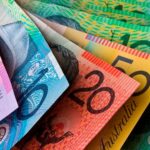
Japanese Stocks Dip as US Economic Concerns and Yen Volatility Impact Global Markets
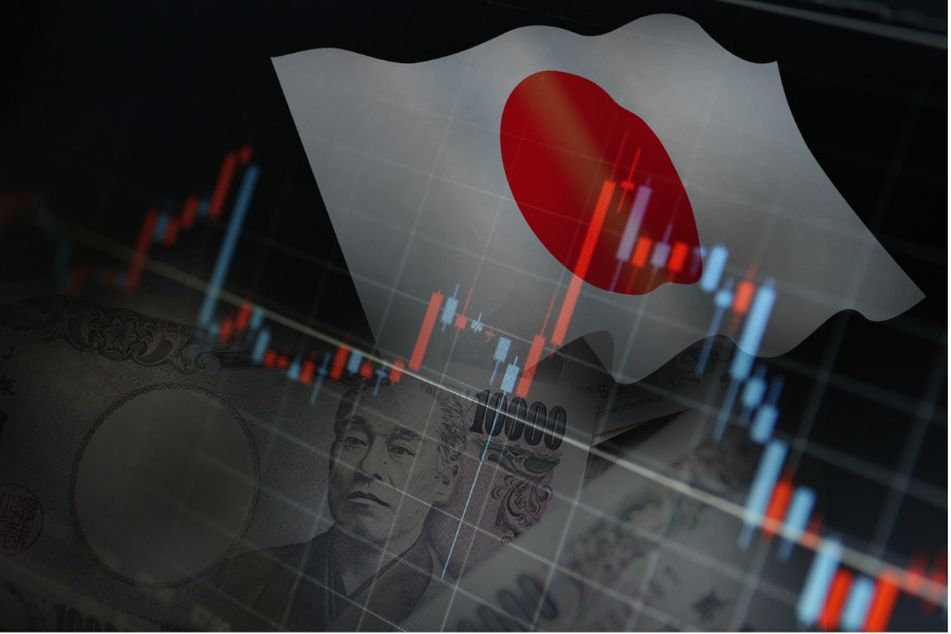
The recent rebound in Japanese stocks has quickly fizzled out, as fears of a US economic slowdown and continued yen fluctuations weigh heavily on global financial markets.
On Thursday, the Nikkei 225 fell by 0.7%, ending a brief two-day winning streak. The yen gained 0.6% to 146 against the US dollar, recovering slightly after a nearly 2% decline earlier this week.
Following a sharp drop on Monday, the Nikkei 225 had surged over the past two sessions, buoyed by reassuring comments from Bank of Japan (BOJ) officials. However, Thursday’s losses spread to European markets, with the Stoxx Europe 600 Index down 1% by 3:43 a.m. ET. Germany’s DAX and France’s CAC 40 fell by 0.8% and 1%, respectively, while London’s FTSE 100 dropped 1.1%.
US futures also pointed to a weak opening for Wall Street, with S&P 500 futures down 0.5% and Nasdaq futures lower by 0.4%.
On Wednesday, BOJ Deputy Governor Shinichi Uchida attempted to ease market concerns, stating that the BOJ would refrain from raising interest rates in the face of financial market instability. This followed a market turmoil on Monday, triggered by expectations of further tightening in Japan’s monetary policy.
The recent yen surge, driven by the BOJ’s hawkish stance, has led many hedge funds to unwind carry trades—investment strategies that involve borrowing cheaply in Japan to invest elsewhere. This has exacerbated global equity market declines.
Uchida’s comments also addressed concerns about the US economy, suggesting a potential soft landing despite fears that the Federal Reserve may be lagging in rate cuts. However, these concerns, combined with the yen’s volatility, continue to trouble the markets.
Stephen Innes, Managing Partner of SPI Asset Management, highlighted the ongoing issues: “The potential for a broader US economic slowdown, misaligned global monetary policies, and rising geopolitical tensions in the Middle East are casting long shadows over financial markets.”
Monday’s Nikkei drop was the steepest since 1987, prompting a global market sell-off. Despite Uchida’s attempt to stabilize expectations, his comments were not intended to alter the BOJ’s monetary policy course, according to Alex Kuptsikevich, Senior Market Analyst at FxPro.
Inflation in Japan has remained close to the BOJ’s 2% target for nearly two years, leading to the end of a period of zero interest rates. In contrast, the Federal Reserve is grappling with slowing price growth and a cooling labor market, with expectations of a rate cut in September.
Alex Kuptsikevich noted that narrowing interest rate differentials could push the yen higher. UBS Chief Japan Economist Masamichi Adachi predicted that if the US faces a recession and the Fed aggressively eases, the dollar could fall to 120 yen or lower.
Looking ahead, the global trading environment remains unpredictable, with uncertainties including the upcoming US political election. Innes cautioned, “The US political election looms, potentially turning the markets into a chaotic mosh pit rather than a graceful waltz.”
UBS Chief Investment Office analysts advised investors to avoid making significant portfolio moves based on election outcomes at this stage.
In other Asian markets, South Korea’s Kospi ended 0.5% lower, breaking a two-day gain streak. Taiwan’s Taiex fell by 2%, while Hong Kong’s Hang Seng traded flat.
Never miss any important news. Subscribe to our newsletter.
Related News

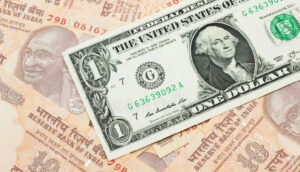
USD/INR Slows Down Amid Mixed Indian PMI Data.

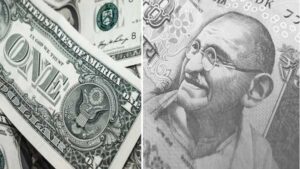
USD/INR Rises as Markets Anticipate Fed Rate Decision.


Gold Price Nears Record High Amid Strong Safe-Haven Demand.
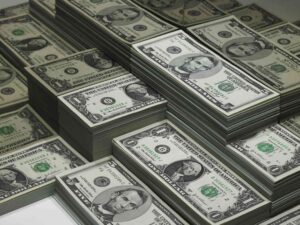

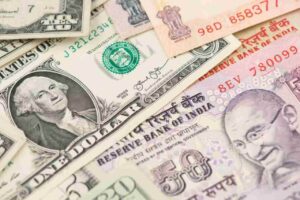
USD/INR Gains Momentum Amid Trade Tariff Uncertainty.

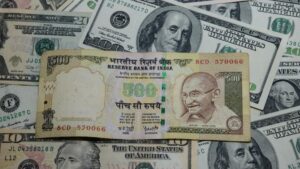

Never miss any important news. Subscribe to our newsletter.
Editor's Pick

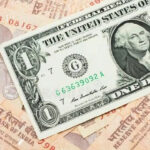
USD/INR Slows Down Amid Mixed Indian PMI Data.

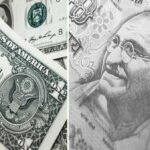
USD/INR Rises as Markets Anticipate Fed Rate Decision.
